Employee Ownership 101
EMPLOYEE OWNERSHIP IS A REAL POSSIBILITY
Have you considered all your options?
Most business owners, when considering their financing or exit plans, assume that selling the company to their employees is not an option. It is easy to understand why: with rare exceptions, even if they put all their resources into one pool, most employees do not have the cash on hand to buy the company where they work. Even if they did, or they could get a loan to fill the gap, many might rightly regard the risk as unacceptable. Not everyone is suited financially or by temperament, to be an entrepreneur.
But as is so often the case, this assumption is based on incomplete information. There are thousands of successful, thriving, employee-owned businesses across the US. In Tennessee alone, there are approximately 110 such companies. Most are more successful as an employee owned company than they were when they were privately owned.
An ESOP could be the right solution
The most common form of employee ownership in the United States is an Employee Stock Ownership Plan (ESOP). There are over 6,500 active ESOPs today, representing over 14 million employee owners. ESOPs are retirement plans, somewhat like 401(k)s, except the invested dollars are used to purchase shares of company stock thus giving the employees a "piece of the rock" and the ability to share in future profitability of the company they work for. Importantly, like a 401(k), an ESOP also receives tax deferral treatment from the IRS. The portion of the company which is owned by the ESOP pays no federal corporate income tax and in some states no state income tax. That’s right – if a company is 100% owned by its employees through an ESOP, the government does not tax corporate profits at all! Taxes are delayed until an employee sells their shares of company stock and receives the cash proceeds - typically upon retirement.
Because of this tax credit, when a business forms an ESOP it sets off a virtuous cycle. The selling owner or owners make a competitive profit on the sale. The bank loan can provide them with liquidity if needed, and the interest + principal on that loan can be paid off safely due to the tax-advantages of the ESOP. The tax advantages can also help pay for the other service providers (lawyers, valuators, fiduciaries, etc.) needed to perform the transaction and ensure the ESOP meets all of its legal requirements in the years to come. Click
here for more information on
ESOPs from the National Center for Employee Ownership (NCEO) and
here for more information from
The ESOP Association.
Employees become stakeholders and everyone grows!
There are two final, but particularly important elements in this virtuous cycle. First, the employees become shareholders in the place where they work – without having to put any of their own cash or savings on the line. Instead, the share value accumulates just like it would in any other retirement account. Over time, this has tremendous wealth-building effects. It is important to note that while this may concentrate risk for employees, most ESOP firms also offer a 401(k) or other additional retirement plan to help diversify an employee’s retirement investments.
Second, and perhaps most importantly: there has been a lot of research done on the performance of employee-owned companies.
Numerous studies have found that employee ownership helps improve corporate performance in good times and bad. In particular, employee ownership, especially when combined with open-book or participative management, tends to result in higher sales, productivity, and employment growth than at comparable companies.
Other forms of employee ownership
ESOPs are the most common form of employee owned company in the US. However, the most common form in the world is the worker cooperative. These are companies that are governed democratically, with each employee receiving one voting share. This allows them to vote for the board of directors while at the same time sharing in any profits the business generates. There are over 400 worker cooperatives in the US, but just a handful in Tennessee. Worker co-ops can be a great option for smaller companies or those who want to prioritize workplace democracy. Click here for more information on worker cooperatives from the Democracy at Work Institute.
A new form of employee ownership is the Employee Ownership Trust (EOT). These companies are owned by a perpetual trust, established by the selling owner, with the requirement that all profits above those needed for reinvestment in the business go to the employees. Employees own shares, which they can sell back to the trust when they leave. EOTs lack the tax benefits of ESOPs but are also significantly less expensive to create and administer.
Finally, some companies with an LLC or S-Corp corporate structure may decide to offer broad-based stock options to all employees. This is a less formal approach towards employee ownership, but it can create great employee engagement while retaining flexibility.
If your company has 20 or more employees, low debt, and is consistently profitable, an ESOP may be a great option for you. Otherwise, one of these other structures may be better.
EMPLOYEE OWNERSHIP IS WORTH INVESTIGATING
The next step is to get advice and learn how to start your journey to employee ownership.



